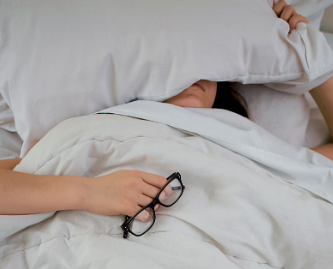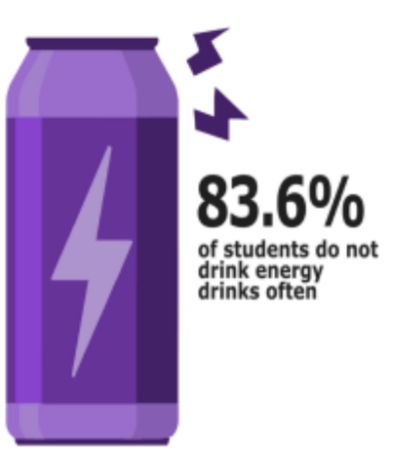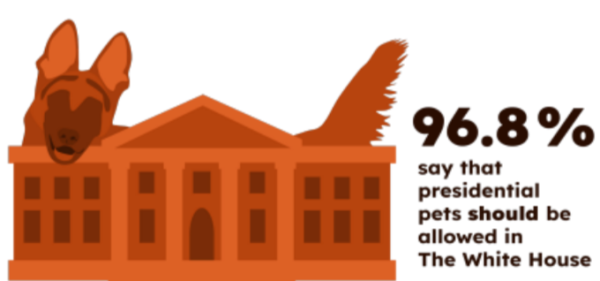It is time to toss the tampon tax
Tampons prove to be a necessity, not a luxury

Cristina Garcia serves on the California State Assembly and advocates for the elimination of the tampon tax.
November 21, 2018
When former President George H.W. Bush first imposed the luxury tax in 1991, its main purpose was to reduce the federal budget deficit by imposing taxes on the wealthy for non-essential products. But since 1991, the meaning of luxury has shifted from jewelry pearls to Tampax Pearls.
Unlike the other objects on the list of taxed items — watches, tobacco, high-end cars and alcohol — tampons are necessary for both comfort and cleanliness. Without an expensive car, consumers have to downgrade to a cheaper model. But without menstrual products, women are susceptible to health risks like HPV and incontinence.
Assuming they choose to use these products and avoid the potential medical hazards, women must also face the financial disadvantages that come with the added price of the luxury tax. While the tax originally targeted Americans who could afford as many tampons as they pleased, the lower class, in particular, suffered as the upper class continued to thrive.
According to The U.S. Department of Housing and Urban Development Annual Homeless Assessment Report, menstrual products are some of the most requested, yet least donated, products. Without them, homeless and low-income women resort to their next best options: using toilet paper, paper towels, rags and even socks instead.
Jessie Plotkin of Orange County, Ca. dedicates her life to gathering feminine hygiene products via donations for these women. According to the Los Angeles Times, her anti-poverty think tank, Rock and Wrap It Up, has collected 11,000 individually wrapped pads, tampons and liners.
“I’ve heard stories of women who have traded food stamps for tampons,” Plotkin said. “What we’re saying is that this is a physical need. It’s not a choice. It’s coming whether you’re prepared or not.”
Though the luxury tax remains on tampons in 37 states, lawmakers are actively trying to eliminate it. Assembly members Cristina Garcia and Ling Ling Chang introduced legislation to make pads, tampons and liners exempt from sales tax in the state of California, where women pay more than $20 million in taxes on these items in a year, according to Garcia’s statements.
“Every month we are told our periods are a luxury, while also being told they are something to be ashamed of and we must hide,” Garcia said in August 2016. “Let me be clear, on biology, periods are not luxuries and they are definitely not something women should be ashamed of, period!”














